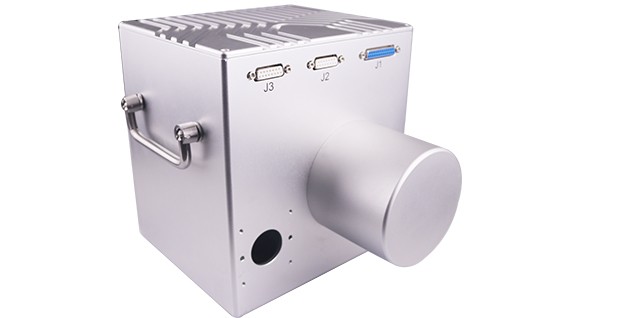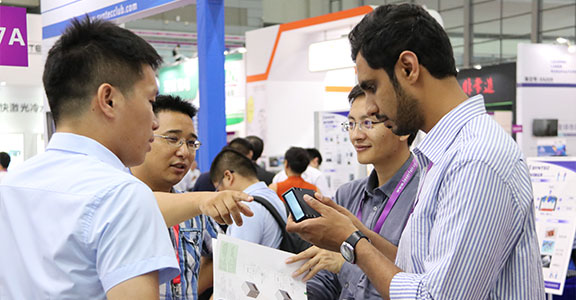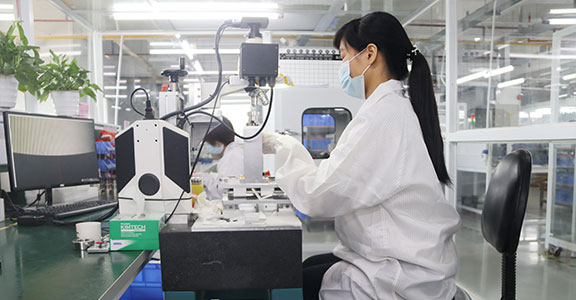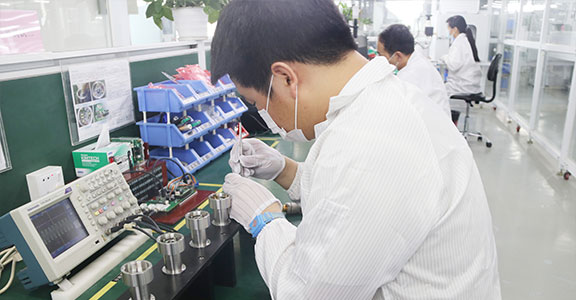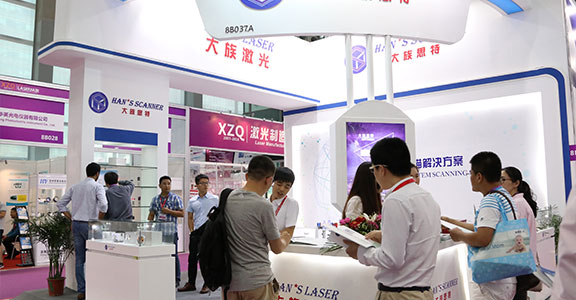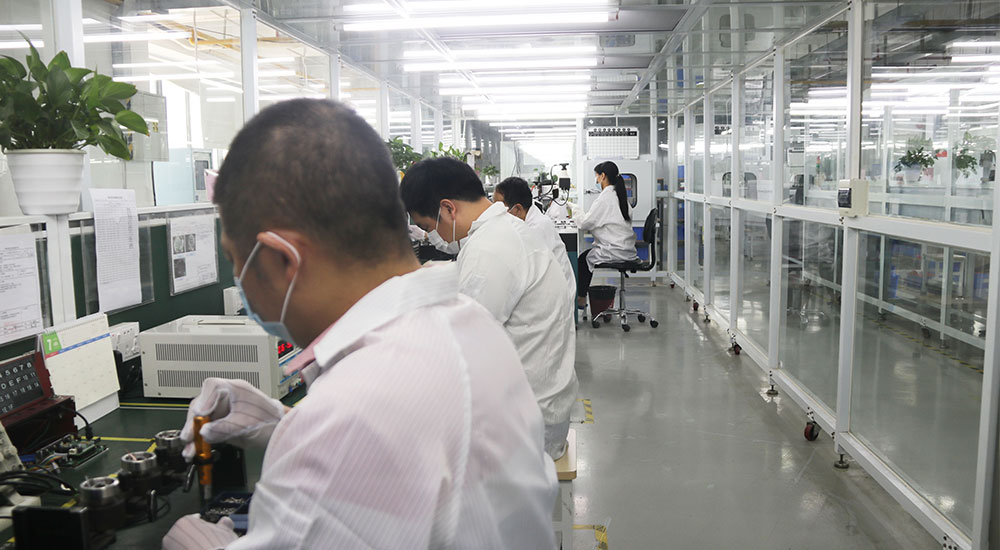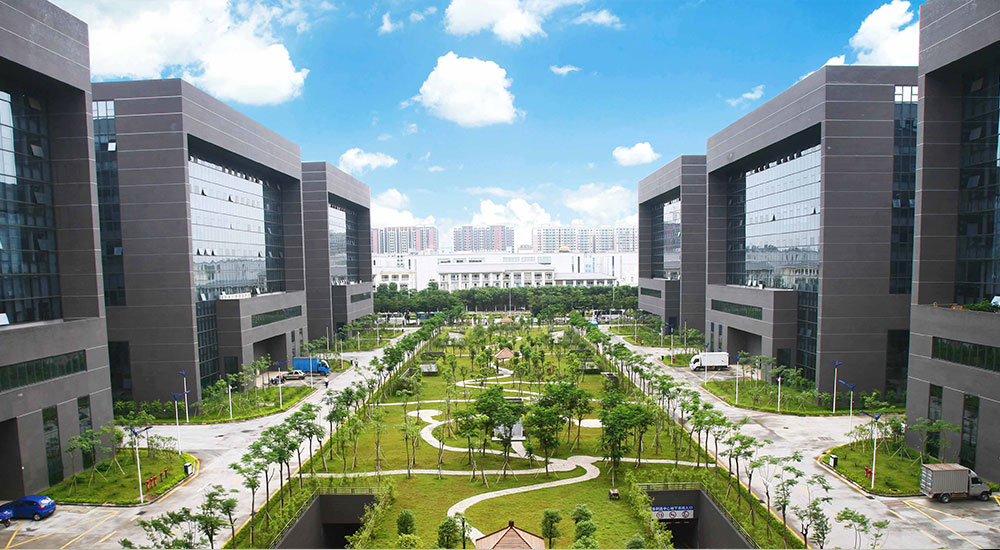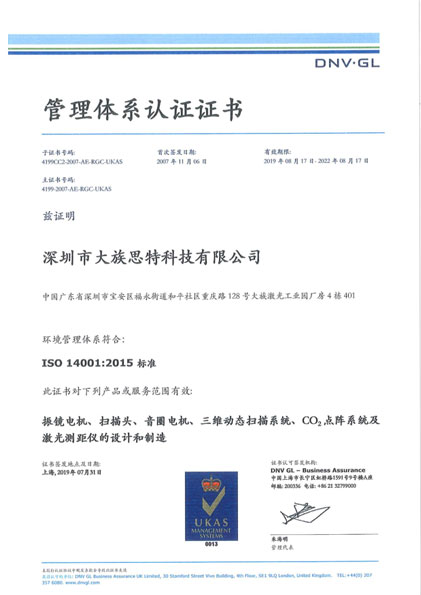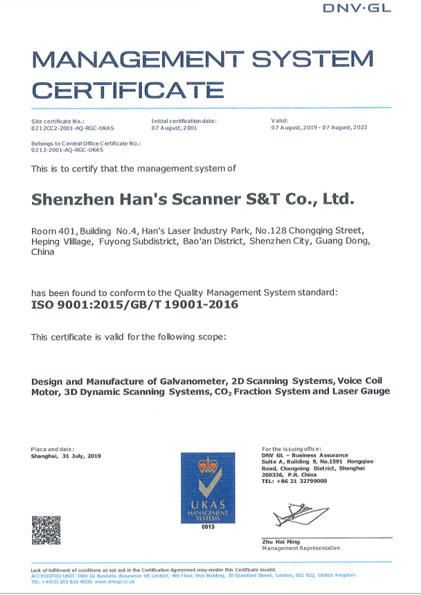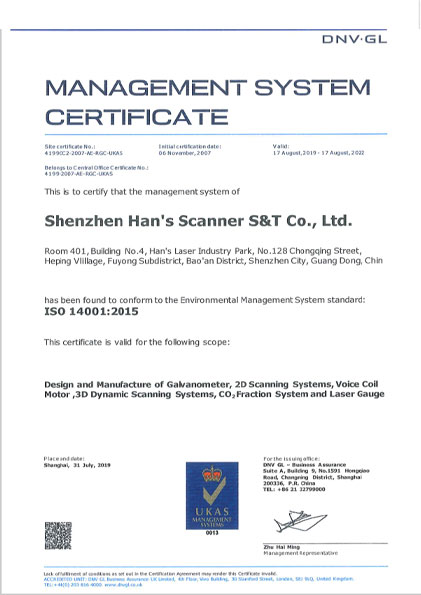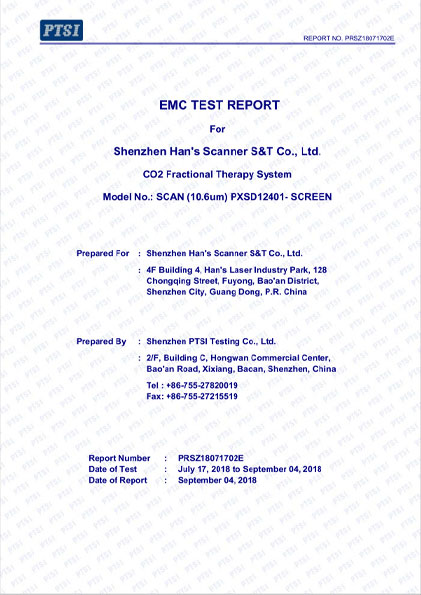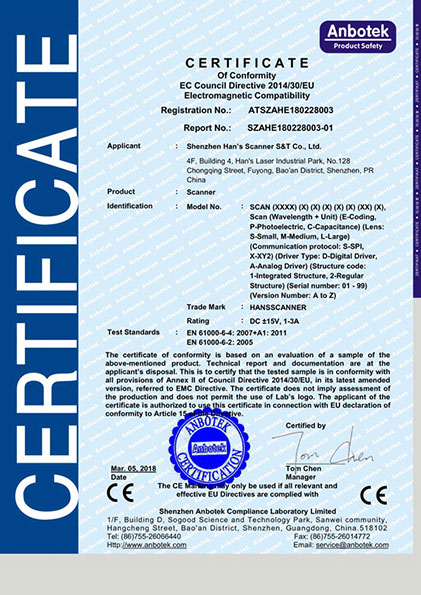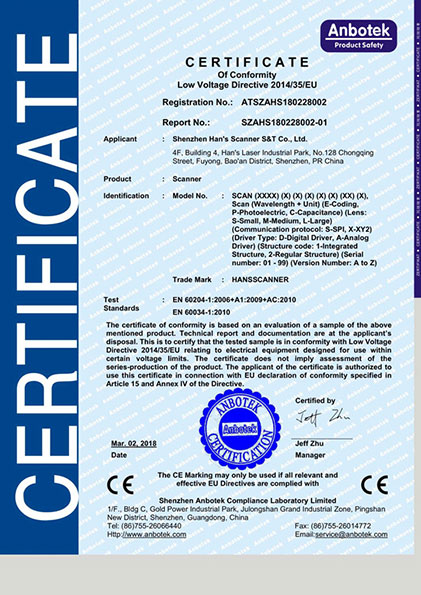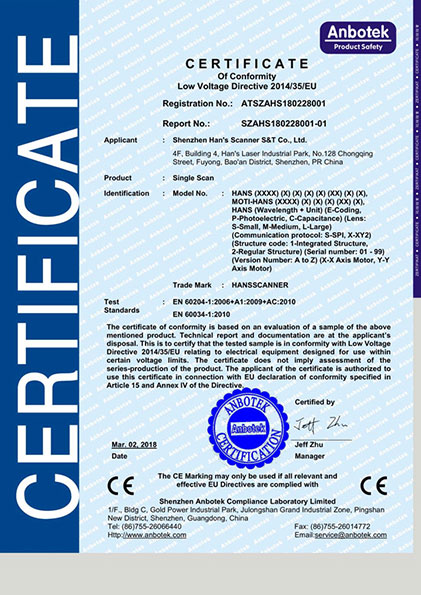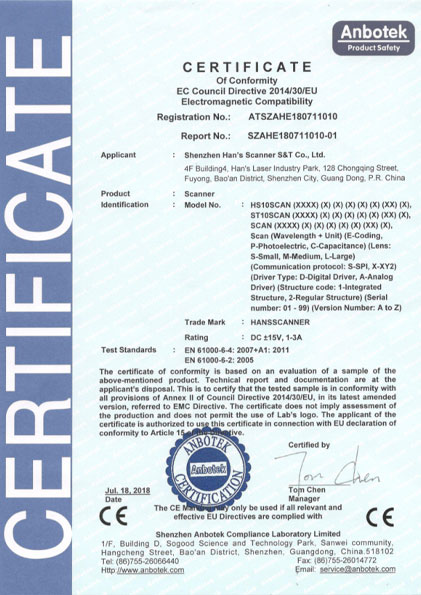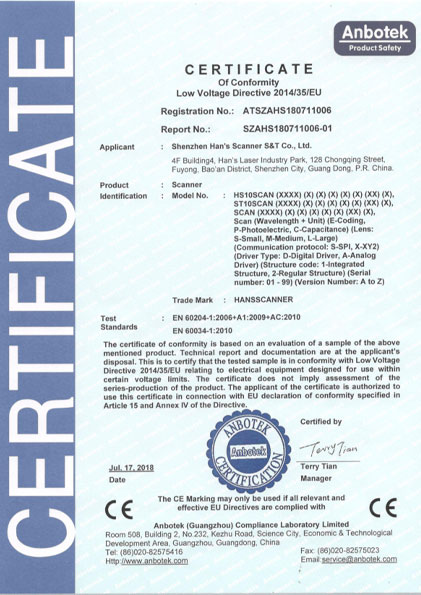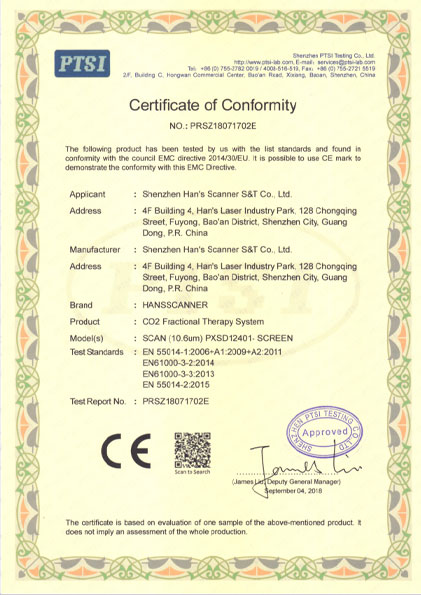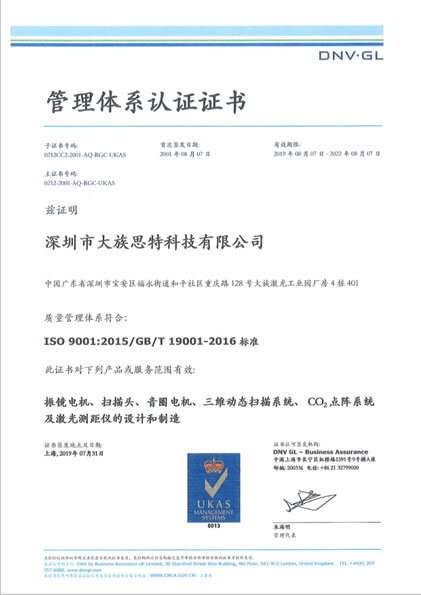The demand for lithium batteries has been on the rise, thanks to their increasing adoption in various industries, including electronics, renewable energy storage, and electric vehicles. As the lithium battery market continues to expand, manufacturers are constantly looking for ways to improve efficiency and production speed. One technology that is revolutionizing the process is the polygon scanner. In this blog post, we will explore how this cutting-edge device plays a vital role in optimizing lithium battery production.
Understanding the Role of Polygon Scanners in Lithium Battery Manufacturing
Polygon scanners are high-speed laser scanning devices that utilize polygon mirrors to deflect laser beams to generate precise and rapid scanning motion. When it comes to lithium battery production, these scanners play a crucial role in enhancing the accuracy and efficiency of various manufacturing stages. From electrode cutting and welding to precision drilling and marking, polygon scanners enable manufacturers to achieve unparalleled speed and precision.
Enhancing Efficiency in Electrode Manufacturing
One of the critical processes in lithium battery production is the manufacturing of electrodes. Polygon scanners offer significant advantages in this stage, primarily due to their high-speed scanning capabilities. By using the polygon scanner, manufacturers can precisely cut and trim electrode materials, ensuring consistent and accurate dimensions. This results in improved electrode performance and reduced wastage, ultimately optimizing the overall battery production process.
Precision Drilling and Marking for Battery Assembly
Another key aspect of lithium battery production is the assembly stage, where precise drilling and marking are necessary. Polygon scanners excel in this domain by delivering rapid, accurate, and repeatable drilling patterns. Whether it's creating holes for electrical connections or marking identification codes on battery components, the polygon scanner ensures flawless execution, enhancing the quality and reliability of the final battery product.
Streamlining Quality Control Processes
Maintaining quality control is of utmost importance in lithium battery production. Polygon scanners can be integrated into inspection systems to enable real-time monitoring and quality assurance during the manufacturing process. With the ability to quickly scan and capture detailed images, polygon scanners assist in identifying any defects or irregularities in battery components, aiding manufacturers in addressing problems promptly and preventing potential failures.
As the lithium battery industry continues to expand, manufacturers must stay at the forefront of technology to streamline their production processes. The polygon scanner has emerged as a game-changer in optimizing lithium battery manufacturing, providing unmatched precision, speed, and efficiency in crucial stages like electrode manufacturing, assembly, and quality control. By harnessing the power of polygon scanners, manufacturers can meet the increasing demands for lithium batteries while maintaining the highest standards of quality. Innovations like these continually push the boundaries, paving the way for advancements in lithium battery technology and its wide-ranging applications in the future.

 zh-CN
zh-CN
 English
English  日本語
日本語  한국어
한국어  français
français  Deutsch
Deutsch  Español
Español  italiano
italiano  русский
русский  português
português  العربية
العربية  tiếng việt
tiếng việt 